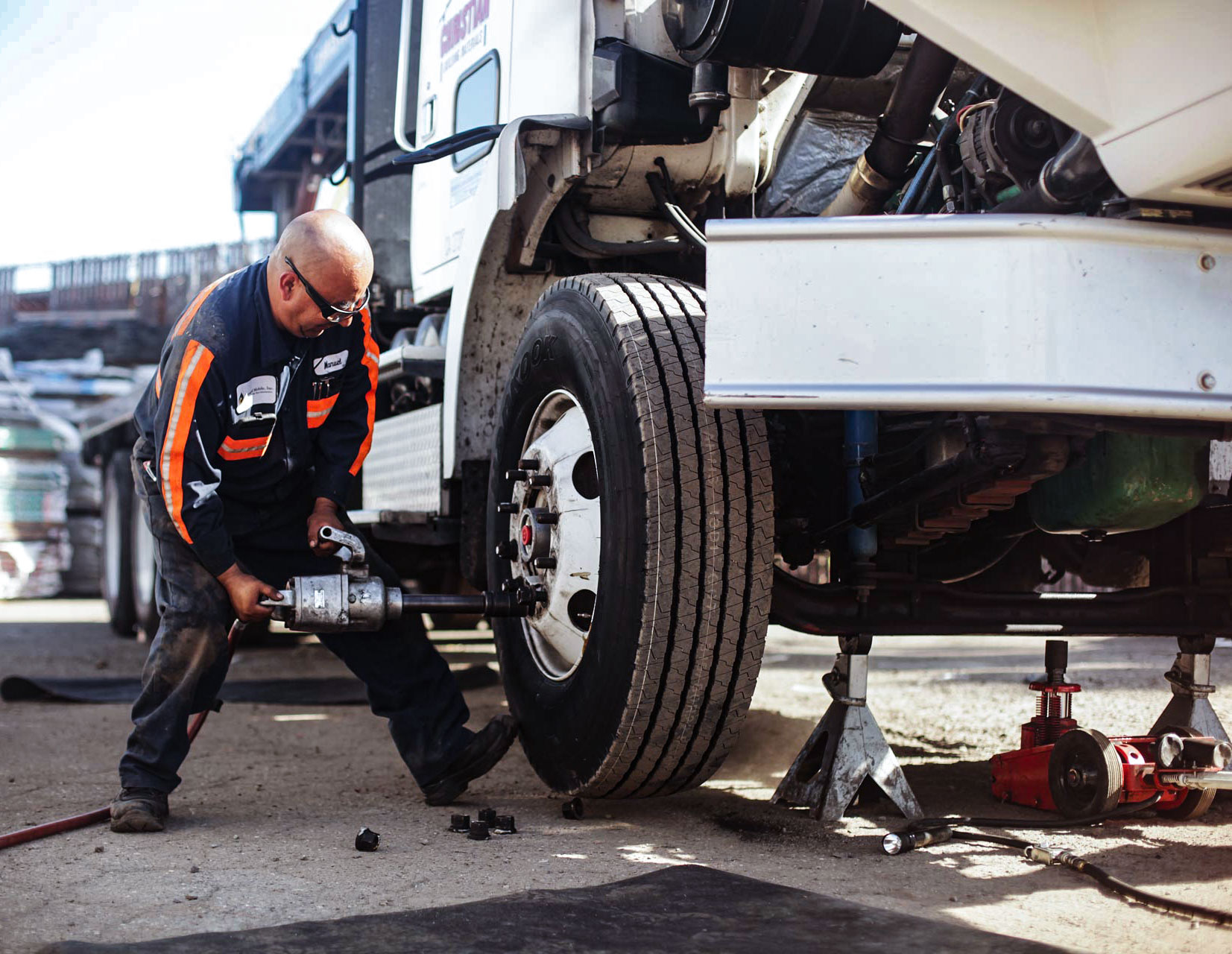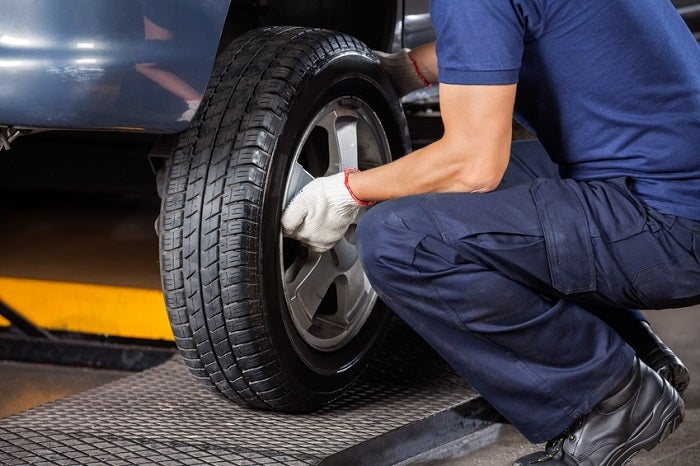Discover Tire Tracks Morris IL: Top Tire Choice
Discover Tire Tracks Morris IL: Top Tire Choice
Blog Article
The Link In Between Tire Solution and Fuel Efficiency
Amongst the numerous factors that affect gas performance, tire solution stands out as an important element that frequently goes forgotten. The intricate connection in between tire maintenance and fuel economic climate is a testament to the complex workings of an automobile.
Importance of Proper Tire Inflation
Appropriate tire inflation is a critical element in making the most of fuel effectiveness and guaranteeing ideal automobile efficiency. When tires are underinflated, it creates more moving resistance, causing the engine to work tougher and burn even more fuel to maintain the same speed. On the various other hand, overinflated tires can bring about a harsher ride, unequal tire wear, and lowered traction. To discover the advised tire stress for your lorry, describe the owner's guidebook or the sticker label situated on the motorist's side door jamb.
Preserving the proper tire pressure not only improves fuel performance but likewise improves driving safety. Properly inflated tires give better handling, braking, and total performance when traveling. In addition, they add to extending the life-span of the tires, saving you money over time by decreasing the frequency of replacements. Regularly examining and readjusting tire stress, especially soon trips, is a straightforward yet effective method to maximize your vehicle's fuel economic climate and ensure a smooth driving experience.
Effect of Tire Tread Deepness
Preserving the recommended tire pressure is necessary for optimal car efficiency and gas performance; similarly, the walk deepness of your tires plays a critical function in ensuring safety and traction on the roadway. Tire step depth directly affects the ability of your tires to hold the roadway surface, especially in wet or slippery problems. As tires put on down, their walk depth reductions, influencing their capability to network water away and keep correct call with the road. The suggested minimum walk depth is typically 2/32 of an inch, however, for improved security and performance, lots of professionals recommend altering tires before they reach this factor. Appropriate tread depth not only guarantees better handling and braking yet additionally adds to fuel performance by reducing moving resistance. Regularly checking your tire walk depth and changing tires when required is a straightforward yet efficient method to advertise both safety and security and gas efficiency when driving.
Role of Wheel Alignment in Effectiveness
Making certain accurate wheel alignment is vital for optimizing lorry performance and taking full advantage of fuel economic situation. Appropriate wheel alignment entails readjusting the angles of the wheels to maker specs, ensuring that they are parallel to each various other and vertical to the ground. When wheels are misaligned, it can bring about uneven tire wear, boosted rolling resistance, and decreased fuel effectiveness.

Additionally, precise wheel placement can additionally enhance handling and stability, lowering the amount of power required to maneuver the lorry (morris tire). By minimizing unnecessary friction and drag, proper wheel positioning plays a critical function in improving total automobile effectiveness and fuel economy. Normal wheel positioning checks and adjustments are his comment is here necessary for preserving optimum efficiency and optimizing fuel cost savings
Connection Between Tire Upkeep and MPG
An important aspect of enhancing gas performance in cars is the upkeep of tires and their straight effect on miles per gallon (MPG) Appropriate tire upkeep plays an important function in taking full advantage of gas economy. One essential aspect impacting MPG is tire stress. Underinflated tires enhance rolling resistance, triggering the engine to work tougher and burn even more fuel. On the various other hand, overinflated tires minimize the contact spot with the road, resulting in irregular wear and reduced gas efficiency. Consistently checking and preserving the right tire stress can substantially enhance MPG.
In addition, tire walk depth also affects fuel efficiency. Worn-out treads reduce traction, especially in wet problems, forcing the engine to put in more power to keep speed. This enhanced resistance lead to greater fuel consumption. By making sure tires have ample tread deepness, chauffeurs can enhance both safety and gas economic climate.
Basically, correct tire maintenance, including monitoring tire stress and walk depth, is straight linked to attaining optimum MPG. By integrating normal tire assessments and maintenance right into a car treatment routine, motorists can not only extend tire life but likewise boost gas effectiveness, eventually conserving money and reducing ecological impact.

Tips for Fuel-Efficient Tire Treatment
Given the important relationship in between tire upkeep and gas performance, carrying out reliable strategies for enhancing tire care is essential to enhancing overall car efficiency. To make sure fuel-efficient tire care, routine tire pressure checks are necessary. Correctly filled with air tires decrease rolling resistance, enhancing fuel performance and extending tire lifespan. Additionally, preserving you could try these out appropriate wheel alignment and Your Domain Name balancing aids disperse weight evenly, stopping unequal tire wear and maximizing fuel intake. Revolving tires at suggested intervals promotes even step wear, enhancing gas efficiency by ensuring all tires add similarly to car efficiency. It is likewise important to check tires for indications of damage, such as cuts, punctures, or bulges, as these problems can influence gas effectiveness and total safety. Choosing tires with reduced rolling resistance can significantly improve fuel economic situation. By integrating these fuel-efficient tire treatment suggestions into a regular upkeep schedule, motorists can make the most of fuel effectiveness, decrease running expenses, and lengthen the life of their tires.
Conclusion
By on a regular basis maintaining tires and following fuel-efficient tire care ideas, drivers can maximize their car's performance and minimize gas usage. It is important to prioritize tire maintenance to not just save cash on gas expenses however also to promote overall vehicle effectiveness.
Report this page